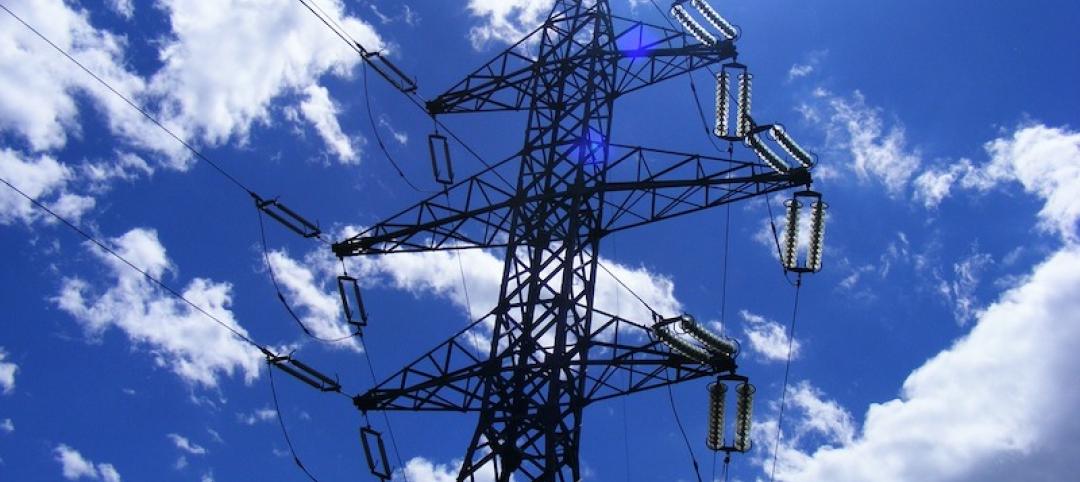Associated Builders and Contractors and the American Foundation for Suicide Prevention recently formed a partnership to address mental health and suicide prevention in the U.S. construction industry.
The partnership aims to improve the mental health of construction workers through effective suicide prevention education, intervention, and postvention strategies, as well as to encourage, equip, and empower mental health champions in the workforce, and introduce collaboration between ABC and AFSP chapters nationwide.
“Safety includes total human health—emotional, social, mental, intellectual, financial, occupational and spiritual wellness—and we must continue to raise the bar for safety for the construction workforce of more than 7.5 million,” said Greg Sizemore, ABC vice president of health, safety, environment, and workforce development, in a news release. “Our people are our greatest asset, and this partnership will take our total human health and safety practices to the next level. Going forward, this is the greatest opportunity to leverage and advance world-class safety for our people, both physically and mentally.”
The partnership will:
· Develop and disseminate education resources on mental health and suicide prevention in workplaces and find and take advantage of opportunities to engage workers.
· Support suicide prevention and postvention education in the construction workplace at all levels of the organizations’ chapters and membership.
· Participate in key events where worker safety and health, as well as safety and health practitioners’ and other professionals’ development are addressed.
· Promote and facilitate the transfer of relevant mental health and suicide prevention and postvention research and findings to practitioners and to the construction workforce.
· Share opportunities with ABC and AFSP chapters on supportive programs and events.
Related Stories
Codes and Standards | Aug 10, 2020
Concrete Institute and Post-Tensioning Institutes expand partnership
Will collaborate on new structural post-tensioned concrete code requirements.
Codes and Standards | Aug 6, 2020
SpeedCore demonstrates excellent fire resistance without additional fire-protective coatings
New York City approves metal-concrete product for all five boroughs.
Codes and Standards | Aug 5, 2020
Designing, redeveloping communities for zero energy needed to address climate change
District heating and cooling systems boost efficiency.
Codes and Standards | Aug 4, 2020
Virginia is the first state to adopt COVID-19 worker safety rules
Include social distancing requirements, notifications when co-worker tests positive, timelines to return to work after recovery.
Codes and Standards | Aug 3, 2020
Report aids local governments on policy options, pathways to electrify new buildings
Document focuses on switching appliances and equipment away from natural gas, propane.
Codes and Standards | Jul 30, 2020
Institute for Market Transformation acquires Energy-Efficient Codes Coalition
Goal is to achieve net-zero construction by 2050.
Codes and Standards | Jul 29, 2020
Crackdowns grow on construction firms that fail to follow COVID-19 guidelines
States, cities, and OSHA enforce social distancing, hand-washing regulations.
Codes and Standards | Jul 28, 2020
California utility adopts climate emergency declaration
Sacramento-region company commits to working towards carbon neutrality by 2030.
Codes and Standards | Jul 27, 2020
Updated Energy Plus and OpenStudio building energy modeling tools released
Software offers performance enhancements.
Codes and Standards | Jul 23, 2020
North Carolina will stop relying on FEMA flood mapping
State will identify flood zones on its own.

















